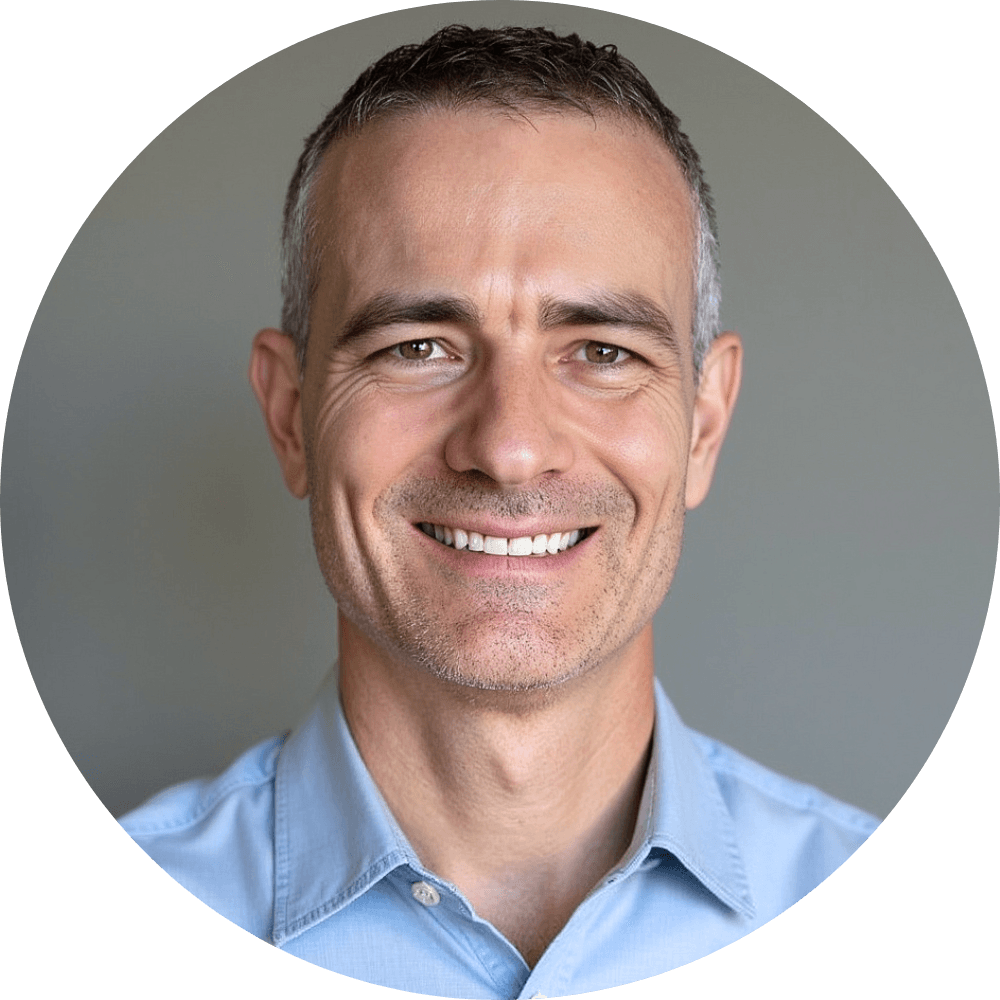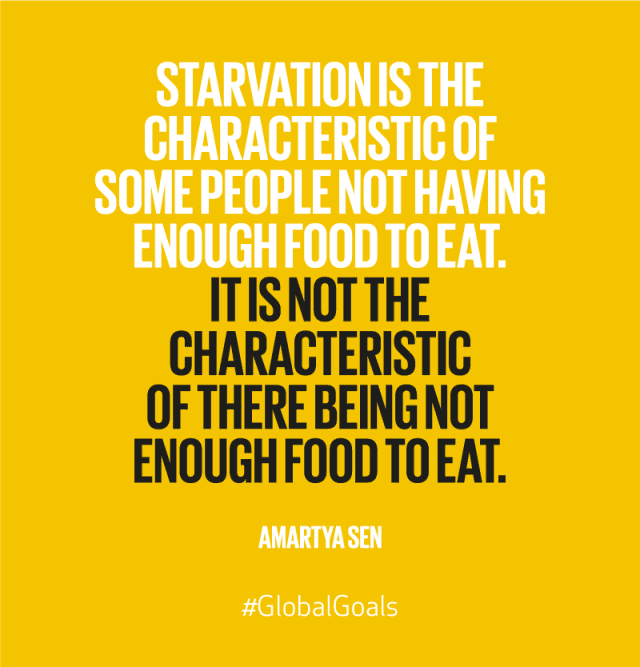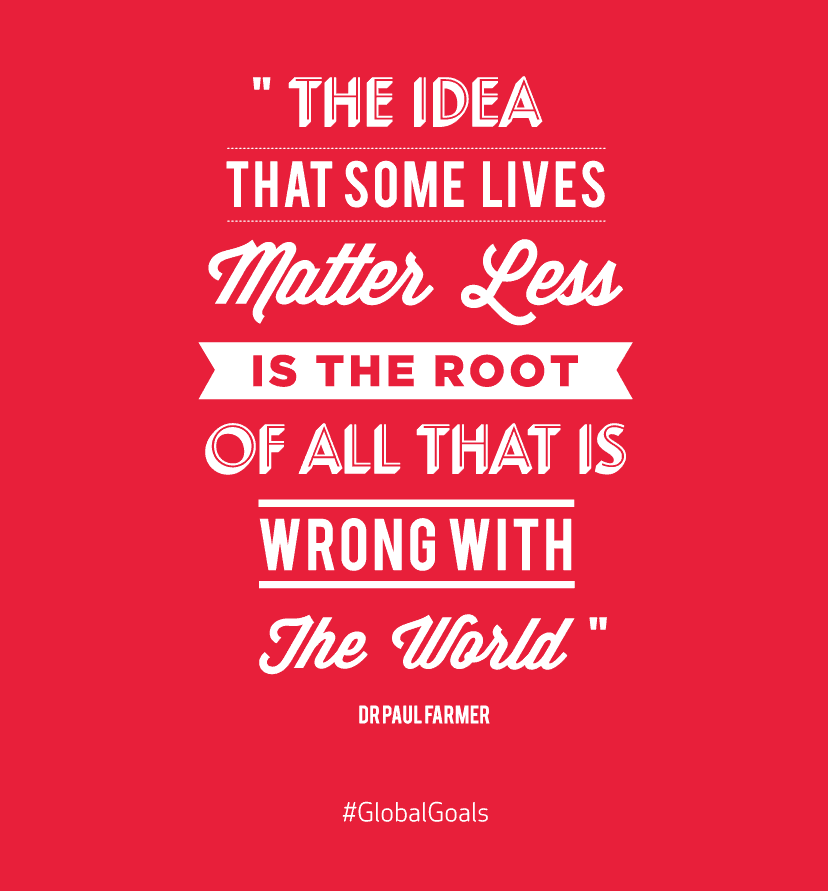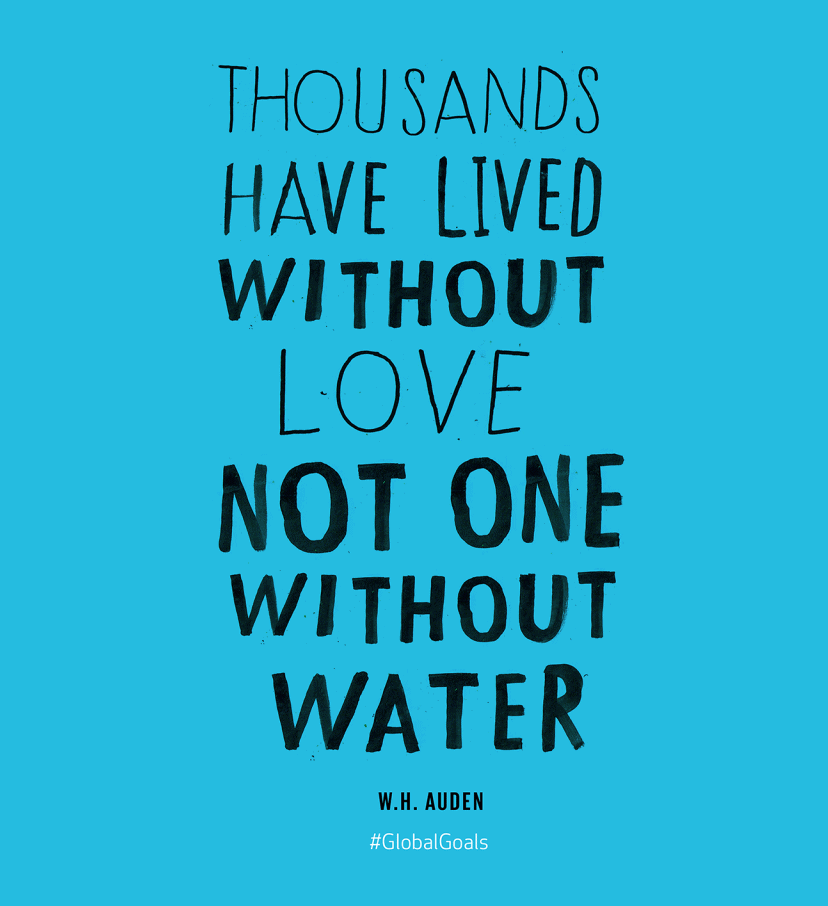Fighting to meet basic human needs.
Six UN Global Goals & six mighty changemakers

KEVIN L. BROWN
The only thing more overwhelming than the amount of human suffering on this planet is the amount of awe-inspiring work being done by those on the frontlines of social innovation.
That intersection of global hardship and tireless grassroots impact drives Mighty Ally every day.
We guide nonprofits and social enterprises to position their brands, clarify messaging, and reach new audiences. But there are 10 million social ventures in the world. So we consciously chose to focus on growth-stage organizations with the potential to create outsized impact around the issues of poverty, hunger, health, education, equality, and water – basic human needs.
These criteria are aligned with the first six United Nations Global Goals for Sustainable Development. In 2015, 200 world leaders convened and agreed on 17 priority areas and 169 specific ‘targets’ which detail what the world could look like by 2030 if the SDGs are achieved.
The targets are lofty. But if successful, the world will see an end to extreme poverty, inequality, and climate change. That’s certainly worth fighting for no matter how steep the climb. And we’re inspired to see changemakers like the ones below leading the way.
SDG 1
No poverty
End poverty in all its forms everywhere.
The first and primary Global Goal is measured by the number of people living on less than $1.25 a day. This statistic has fallen drastically from 42% of the world in 1981. But one in 10 people still lives below this threshold. The effects of absolute poverty extend to countless other seemingly unrelated social issues, like the orphan crisis. So we’re thankful for changemakers working to implement social protection systems, ensure equal rights to economic resources, build the resilience of the poor, reduce exposure and vulnerability to climate-related extreme events, and create sound policy frameworks.
On the subject of poverty, we’re eagerly anticipating the results from GiveDirectly, an innovative nonprofit that launched the largest basic income experiment in history in which thousands of recipients will receive enough money to live on for 12 years while they rigorously study the impact.
“Millions of people in the world’s poorest countries remain imprisoned, enslaved, and in chains. They are trapped in the prison of poverty. It is time to set them free. Like slavery and apartheid, poverty is not natural. It is man-made and it can be overcome and eradicated by the actions of human beings. And overcoming poverty is not a gesture of charity. It is an act of justice. It is the protection of a fundamental human right, the right to dignity and a decent life. While poverty persists, there is no true freedom.”
NELSON MANDELA
SDG 2
Zero hunger
End hunger, achieve food security and improved nutrition, and promote sustainable agriculture.
In the time it takes to read this blog post, 121 fellow human beings will have died from malnutrition or starvation. Not from a disease for which there is no cure. The world sees 25,000 deaths every day from our brothers and sisters simply lacking food. We can do better than this. While changemakers are making significant progress on other #GlobalGoals, hunger is still on the rise. The answer comes not only in financial giving, but also complex target areas like agricultural productivity, sustainable food production systems, investment in rural infrastructure, and trade restrictions in world agricultural markets.
But simple solutions can also be found in local organizations like Grow Appalachia – a nonprofit founded by haircare billionaire John Paul DeJoria that teaches American families in central Appalachia how to grow food and sell the excess for income.

SDG 3
Good health & well-being
Ensure healthy lives and promote well-being for all at all ages.
We’ve gained much inspiration from legendary global health innovator Paul Farmer. His Pulitzer Prize-winning biography Mountains Beyond Mountains helped spread a movement around the philosophy “that some lives matter less is the root of all that is wrong with the world.” And this belief is the root of the UN health goal, including priorities like reducing maternal mortality, stopping preventable deaths of newborns and children, ending epidemics like AIDS and malaria, ensuring universal access to sexual and reproductive healthcare services, and most importantly: achieving universal health coverage.
The fight for health requires frontlines changemakers like our client Lwala Community Alliance, that has built a local clinic and activates community health workers to reach rural western Kenyan populations.

SDG 4
Quality education
Ensure inclusive and equitable quality education and promote lifelong learning opportunities for all.
While not as life-or-death on the surface, achieving the education SDG will have transformative effects on other goals. Targets for 2030 include early childhood development, increasing the supply of qualified teachers, and ensuring free, equitable, and quality primary and secondary schooling for all. While it’s easy to point to developing countries around the world when fighting for other basic human needs, America has markedly fallen behind in the global education ranks. One in seven U.S. adults can’t read. America has dropped from 1st to 36th in the world in high school diplomas. And 33% of new teachers leave within their first three years, with almost 50% gone by year five.
To address education issues like these, we’re big fans of Instruction Partners, with a scalable model already working in Tennessee and Florida to provide district and school partnerships, plus teacher and leader support.
“Let us pick up our books and our pens. They are our most powerful weapons. One child, one teacher, one book and one pen can change the world.”
MALALA YOUSAFZAI
SDG 5
Gender equality & reduced inequalities
Achieve gender equality and empower all women and girls. Reduce inequality within and among countries.
We’ve actually combined two #GlobalGoals into one here. The first, gender equality, centers on solutions for a few mortifying statistics. One in four girls gets married as a child. 63 million girls have undergone genital mutilation. 2/3 of the illiterate people in the world are women. And these shocking truths don’t account for women’s rights issues in developing countries like sexual harassment and the elusive pay gap. The target here can be summed up with this: end all forms of discrimination and violence against all women and girls everywhere. For the goal around reduced inequalities, the macro solution is simple to understand but hard to fix: by 2030, empower and promote the social, economic, and political inclusion of all – irrespective of age, sex, disability, race, ethnicity, origin, religion, or economic or other status.
In India, 33% of social enterprises list empowering women among their objectives, like Azad Foundation and their Women on Wheels program that empowers resource-poor women to become professional drivers.
SDG 6
Clean water & sanitation
Ensure availability and sustainable management of water and sanitation for all.
The human body can go three weeks without food, but only three days without water. So it’s no surprise there are tens of thousands of NGOs working on solutions to this crisis. Like Blood:Water, a nonprofit that partners with “hidden heroes” on the frontlines to facilitate change in African countries. It’s hard to come to grips with the fact that 2/3 of the world’s surface is covered with water, yet more than 1 billion people lack clean access to drink it. And two-thirds of the global population (4 billion people) live under conditions of severe water scarcity at least one month of the year. So these targets are centered on reducing water pollution, creating equitable sanitation and hygiene, increasing water-use efficiency, and protecting water-related ecosystems.

Take action.
Can we as a people accomplish these big, hairy, audacious goals? There are just nine years left, which leaves me daunted by the realities of today and a timeline that’s already drawing near. But we also remain hopeful that we’ll continue coming together to get the job done. The social sector, private business, and governments alike as allies with these mighty changemakers, for what the Kenyan people call harambee. Or all pull together.
In speaking about the Global Goals in 2015, UN Secretary-General Ban-Ki Moon said he believes there’s no question that we as a people can deliver. And with an invigorating exclamation point on his speech, he challenged us all to become the first generation to end poverty and the last generation to address climate change before it’s too late.
I encourage you to visit the Global Goals website and take action today. Become an ally for a cause or charity, wherever you are and whatever you can do. Because it’s true: those little bits of good can change the world.
“Be a global citizen. Act with passion and compassion. Help us make this world safer and more sustainable today and for the generations that will follow us. That is our moral responsibility.”
BAN-KI MOON
Read more articles
Ready to get fundable and findable?
We engage three ways: consulting, training, and field building.
